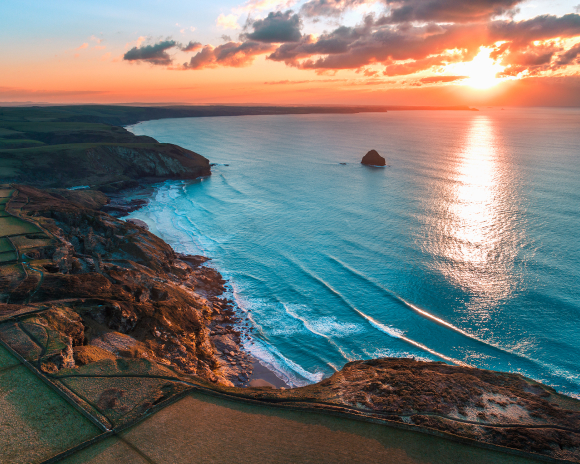Steps Towards Change: Better Leather
Seasalt is committed to supporting responsible leather manufacturing across the globe and that is why we are proud members of LWG.

We choose our fabrics and materials for the way they look, feel and last, carefully considering their environmental and social impact. All the leather we use is a by-product of the food industry and comes from animals that have been slaughtered in a humane way.
45.8% of our footwear for 2021 and all our leather bags are made with leather from tanneries that have been rated as either Gold or Silver by the Leather Working Group (LWG). This means the tanneries where the hides are made into finished leather are achieving the highest standards in LWG audits. We’re aiming for all our leather footwear to be made with leather from Gold and Silver rated tanneries by the end of 2024.






The LWG is an international, not-for-profit membership organisation responsible for the world’s largest leather sustainability program. LWG is committed to improving environmental stewardship in the leather manufacturing industry, as well as traceability of materials.






How does LWG rate tanneries?
There are strict criteria for LWG certification, including a requirement for continuous improvement.
Tanneries receive points based on how they’re doing across all the criteria: a 75% score is needed to achieve a Silver rating, 85% for Gold. Essential requirements must be met across the most important categories for all scores. You can find out more about how tanneries are rated on the Leather Working Group website.
Minimising the environmental impact of leather production:
- Tanneries must show that they’re reducing their use of resources including water and energy.
- Sites will be committed to complete water purification and disposing of any chemicals used in the production process in a way that prevents water pollution and contamination.
- Certain substances and chemicals are banned completely.
Driving improvement through the supply chain:
- Communities are protected by environmental controls that stop polluting substances being released into marine environments and the water supply.
- Tanneries must provide Personal Protective Equipment (PPE) for workers to use.
- Sites must be installed with detectors for potentially hazardous gases and there must be a high level of ‘housekeeping’, including clearly marked routes and storage areas.
Find out more about our ethos of enduring quality and timeless style here.





